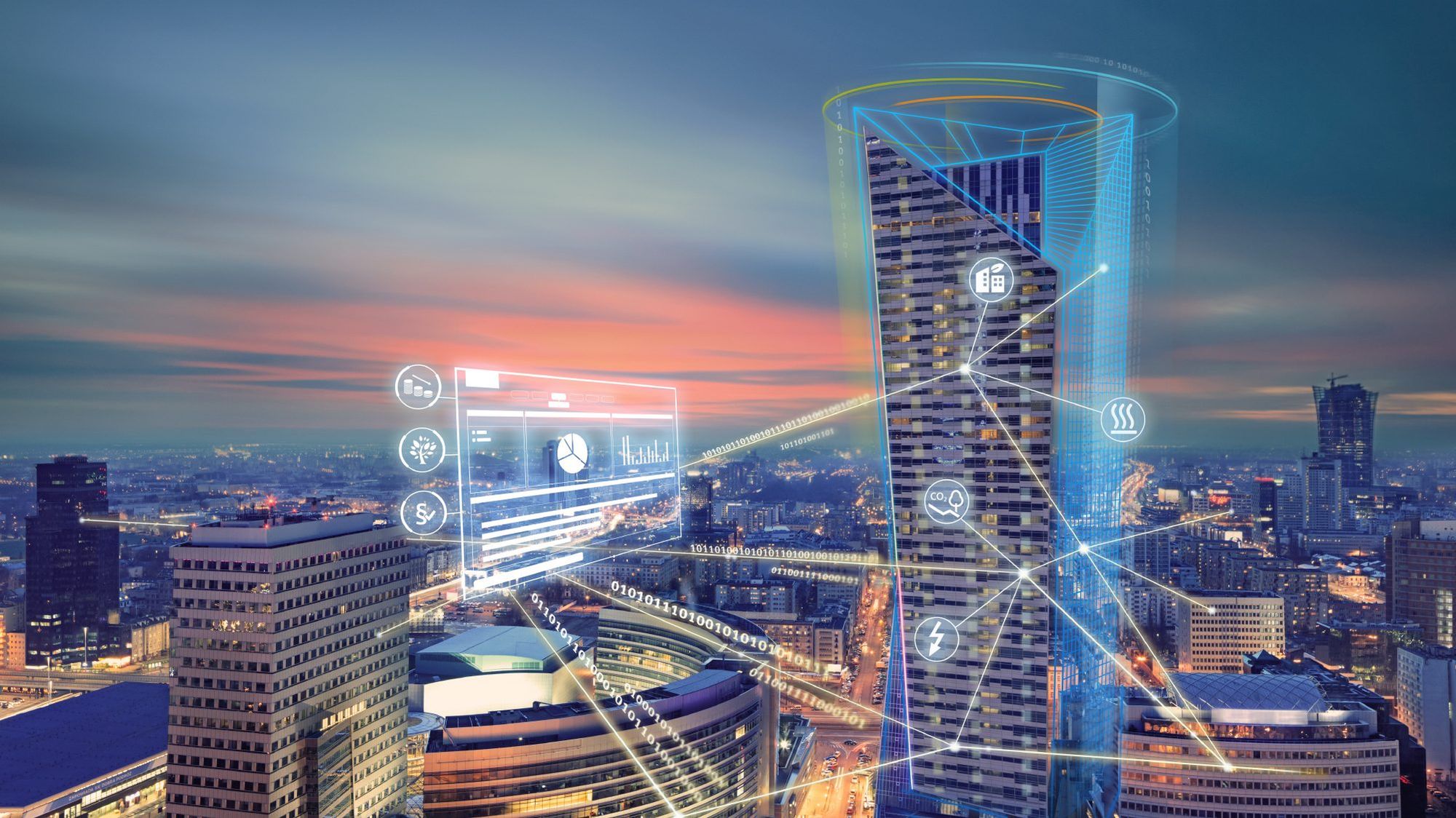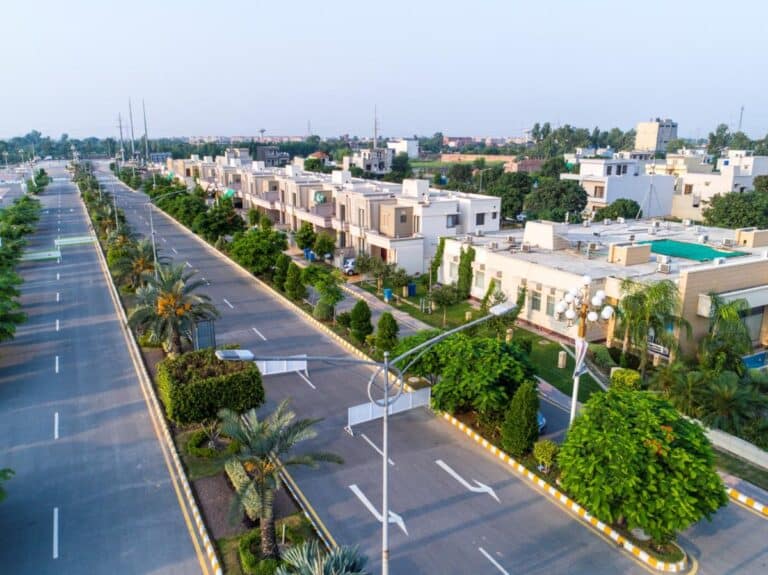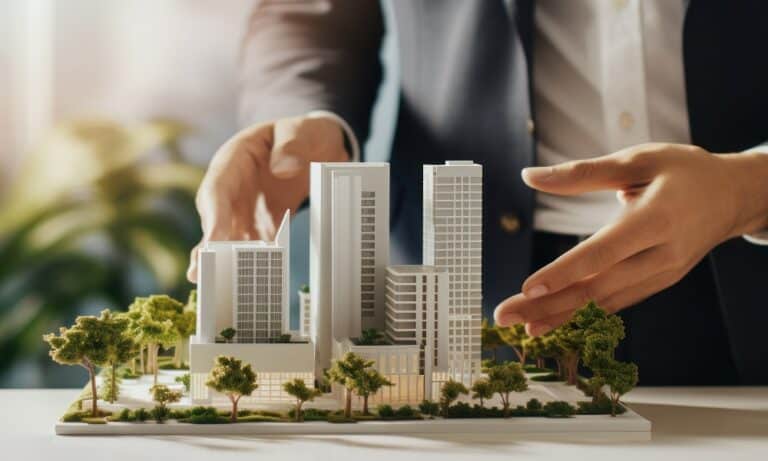As cities expand and buildings become more complex, smart technologies are essential for improving efficiency, comfort, and sustainability. Smart architecture integrates advanced systems and artificial intelligence (AI) to monitor, learn, and optimize building performance in real time.
Integrated Building Management Systems (BMS)
Modern smart buildings use sensors and IoT devices to track occupancy, temperature, lighting, air quality, and energy usage. Building Management Systems (BMS) respond to this data by adjusting HVAC, lighting, and ventilation, reducing operational costs by up to 30% (McKinsey & Company).
AI for Predictive Maintenance
AI algorithms can analyze equipment performance data and predict when maintenance is required. This prevents system failures and reduces downtime in commercial and industrial facilities. Google’s DeepMind, for example, improved data center cooling efficiency by 40% using AI.
Smart Materials
Shape-memory alloys, thermochromic glass, and self-healing concrete are becoming common in futuristic structures. These materials adjust to environmental conditions and reduce maintenance.
Occupant Experience
Smart buildings enhance user experience through personalized lighting, climate control, and even wayfinding using AI. For example, The Edge in Amsterdam assigns workspaces based on daily schedules and preferences using smartphone apps.
The convergence of AI, big data, and smart materials is leading the charge in redefining how we design and use architectural spaces.





